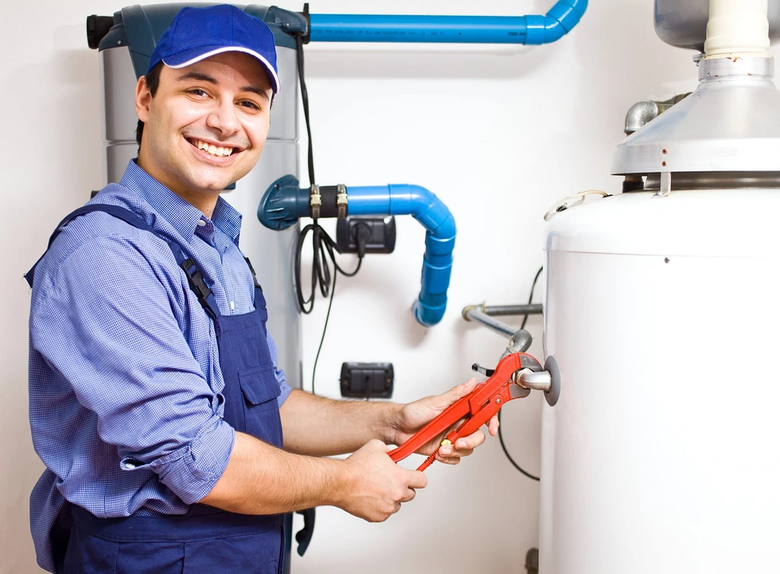Hot water systems bring a lot of convenience and comfort to most Australian homes and households. It keeps your showers refreshing even during a cold morning and your bath time relaxing at night. Without it, it would be difficult to enjoy the comforts of having easy access to warm water, for bathing, cooking and other purposes.
The cost of having a hot water system in homes averages from $750 to $1900, depending on how big and what areas your water system covers. Gas heating water systems with built in storage tanks starts at $850 for a small system and around $1800 for larger systems. With such amounts as investments for your home hot water system, it would be too costly to let them depreciate in value and function, faster than normal.
To make the most out of your investment, here are some tips you should keep in mind to extend the lifespan of your hot water systems at home.
Regular Preventive and Maintenance Checks
Among these tips, this one is the most important. Regular visits from your trusted plumber or gas fitting specialist ensures that your hot water systems are well looked after. As a homeowner, you can also do regular checks for leaks or cracks that may be present in your hot water system.
Gas hot water systems are required to be checked and certified annually for some states in Australia. Have an experienced plumber check and maintain your hot water systems on a regular basis. They can easily spot problems and solve them, even before they start.
Flushing the Tank Regularly
Draining a few gallons of water out from your water heater should be done as a preventive maintenance practice for your hot water system. You can do this alone every 6 or 12 months, depending on the frequency of use of your hot water systems. Check for dirt and water debris from the water gathered from the hot water system tank. If you see plenty of these, you should perform a deep and full cleaning of the water heater.
Debris build up inside the water tank can cut down the efficiency of your water heaters tremendously. Such can also cause your energy bills to go up. If possible, invest in a self-cleaning water heater if you are just about to install a new hot water system for your home. This type of water heater can automatically remove sediments in the tank, but still requires manual cleaning at least every 3 years.
Checking the Anode Rod
The anode rod is a fixture in your water heater that prevents the water tank from rusting. However, the anode rod takes in all the rusting by attracting corrosion even before the rust reaches the steel tank. Thus, this fixture should be regularly replaced to prevent rusting in your water tank.
The anode rod can be replaced at least once a year, or up until it becomes completely corroded. Anode rods can last around three to five years, but it would be best to regularly check this fixture to see if it requires early replacement. Your preferred plumber can do the replacement job for you. Some water heater models feature a second anode rod that helps increase the life span of your water heater tank and the water heater itself.
Regular maintenance checks can make a lot of difference if you are aiming to increase the lifespan of your hot water systems. You can do the inspection yourself and then seek professional help if you see some obvious problems that require the attention of a trained professional. Having yearly maintenance checks from a plumber or gas fitter can add up more years of serviceability for your home hot water hot systems.
You may also like
-
Choosing the Best Pool Contractor in Indiana: Why Wetscapes Fiberglass Pools Stands Out
-
Top Civil Engineering Innovations Transforming Philippine Construction
-
Efficient Cleaning and Care Techniques for Different Surfaces in Your Home
-
Everything You Need to Know About Home Window Replacement and Custom-Designed Window Installation
-
Transform Your Garden with Ashdale Fencing

